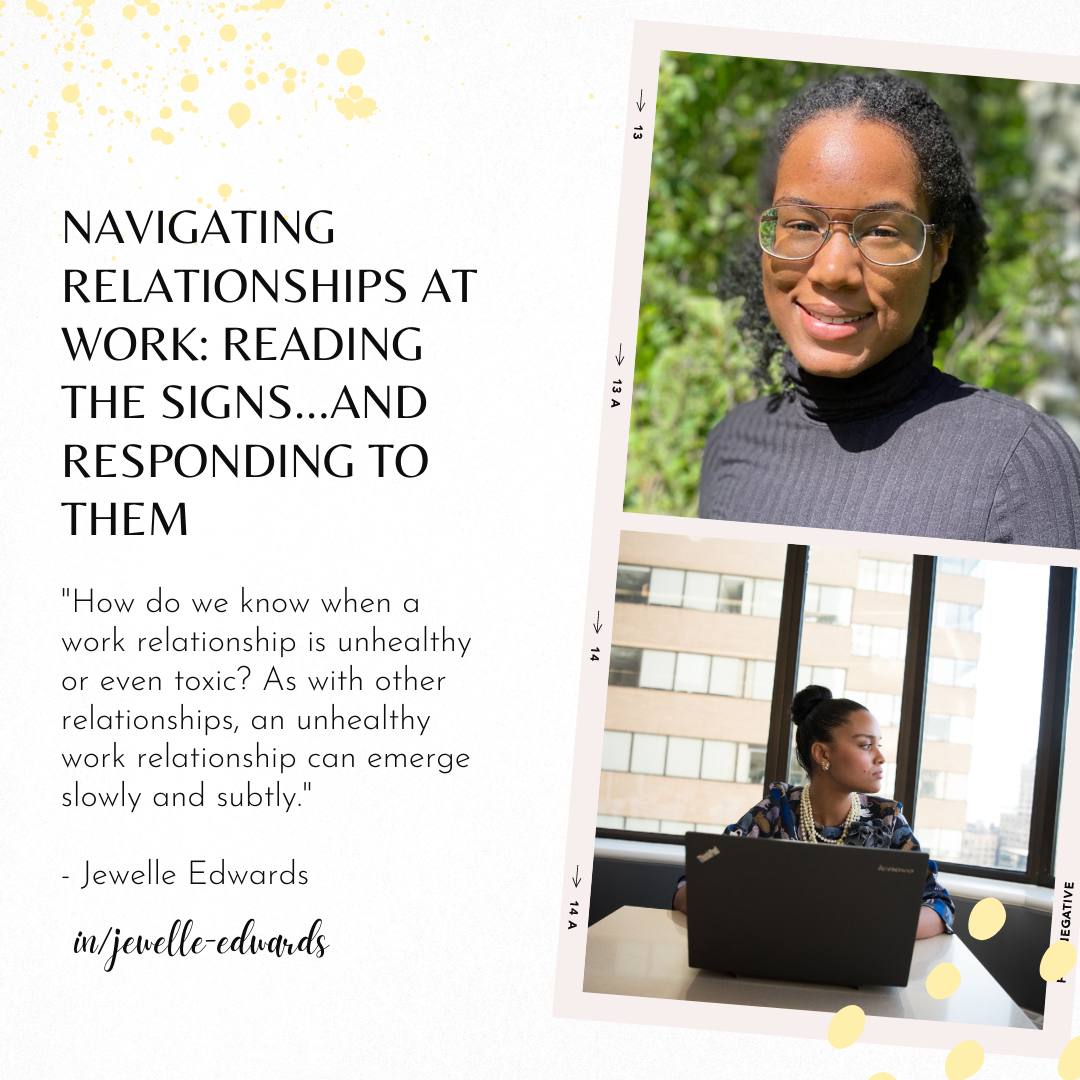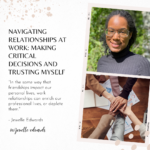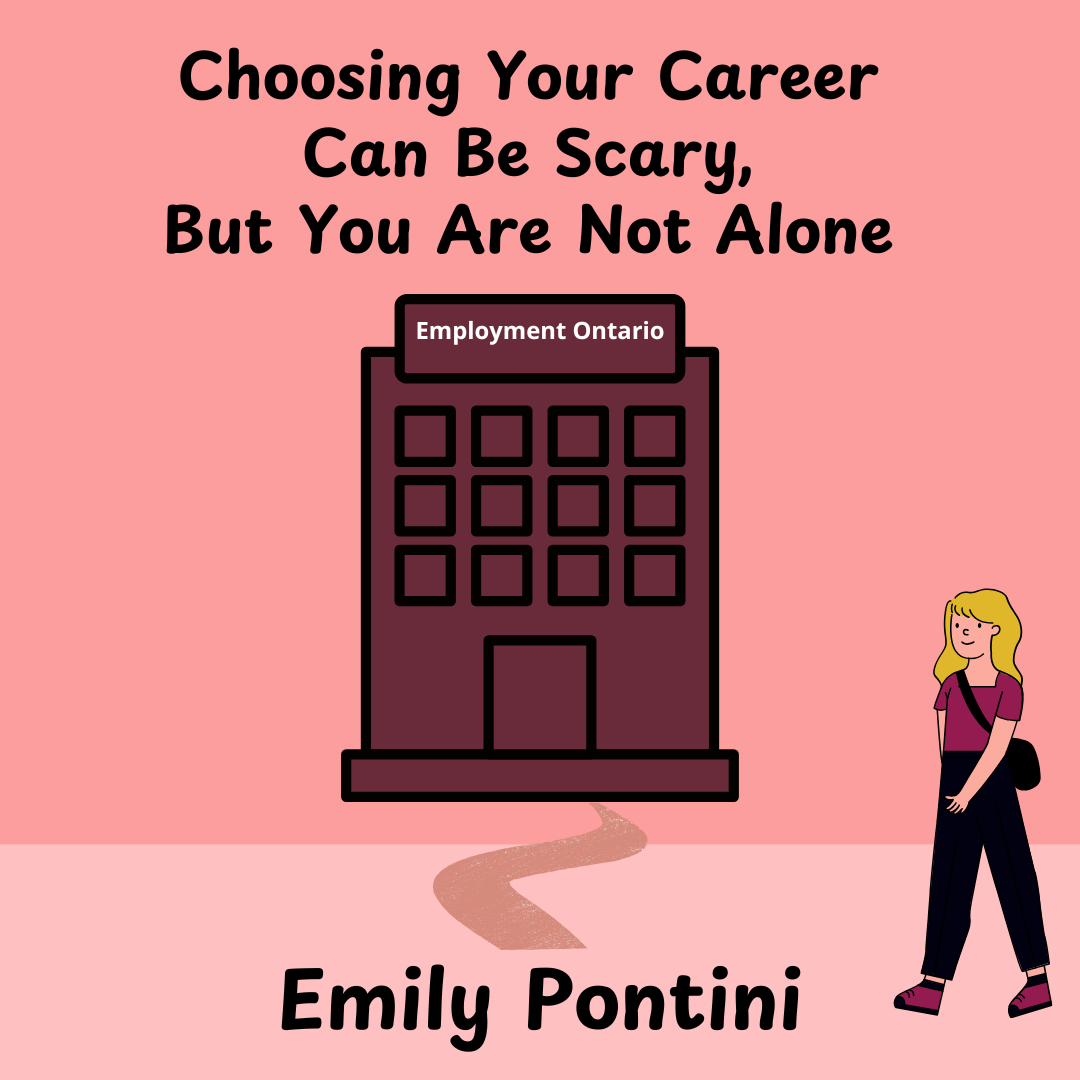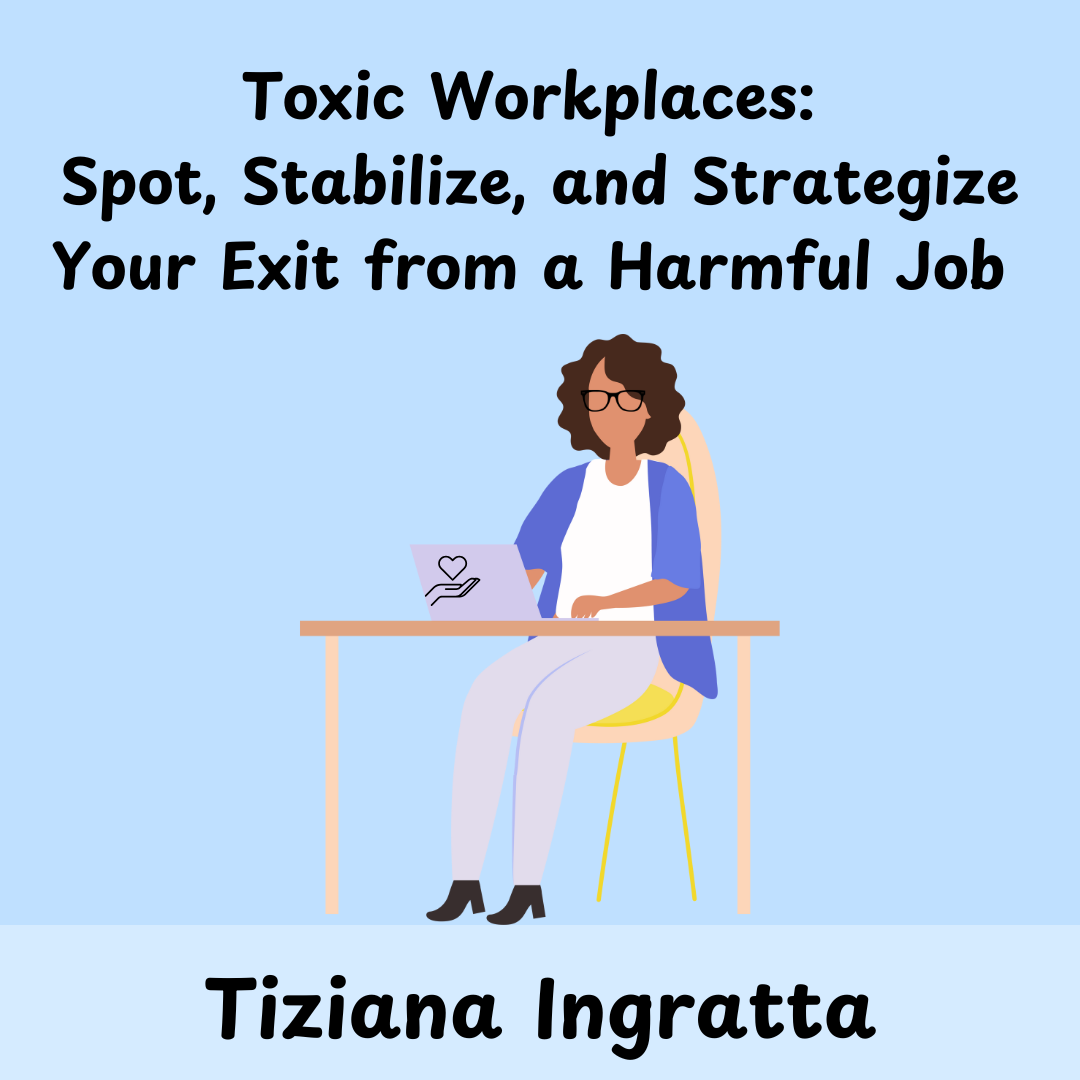I felt great for the rest of the morning. I had just given up scrolling past the news section of my YouTube feed, filled with videos about someone named Julie Payette. Julie Payette? Shameful, I know, that I didn’t recognize the name of Canada’s then Governor General. I watched one video and then a few more, learning about the investigation into claims of workplace harassment, and Payette’s eventual resignation. Commentators spoke of the many warning signs overlooked during her appointment process, including a long history of workplace complaints.
Verbal abuse, humiliation, aggression.
It sounded like a nightmare… and it sounded like affirmation. So I had made the right choice in leaving one of my previous work places. I knew it already, but this reminded me that I wasn’t the only one who had struggled with unhealthy relationships at work.
This article is the second of a three-part series: Navigating Relationships at Work. If you haven’t had a chance to read the first article, I recounted my personal experience of leaving an unhealthy work environment – without my next job lined up. Check out Navigating Relationships at Work: Making Critical Decisions and Trusting Myself, to read more!
Warning Signs
How do we know when a work relationship is unhealthy or even toxic? As with other relationships, an unhealthy work relationship can emerge slowly and subtly. Let’s look at a few of the warning signs.
Patterns of Behaviour
Certain behaviours like sexual harassment are serious the first time. But generally, it’s important to understand whether negative behaviours are ongoing or singular incidents. For example, you may have felt excluded from your coworkers once or twice. Or you may be on the outside of a well-established clique. Cliques can shelter bullies and produce gossip, creating a hostile workplace.
Unnecessary Criticism
Do you feel stifled by the control of a co-worker or supervisor? When feedback is overly critical or degrading, it can take the joy out of exciting projects and leave you feeling demotivated. If someone in the workplace continues to undermine you or your work, that is a strong sign of an unhealthy relationship. However, it’s not always obvious when that person is your supervisor or boss. Aren’t they supposed to tell me what I did wrong? Maybe they look down on me because my performance is so poor. Do you find yourself thinking these thoughts at work?
Wellbeing Impacts on Work
In fact, poor performance can result from negative treatment at work, rather than cause it. Feeling depressed or anxious are other signs that you are being drained by professional relationships. If you constantly feel like you don’t want to return to work, your gut might be telling you that something isn’t right.
A Few Steps to Take
- This is one most of us don’t want to hear, but it is important to speak up about problems in workplace dynamics. This could involve speaking with the person exhibiting the unhealthy behaviours. If you have human resources or a union representative, you may also need to speak with them in serious situations. Speaking up can be extremely anxiety-inducing, especially if the other person has authority in the workplace. It’s okay if you’re not successful the first few times. Keep trying!
- Taking care of your health is an important response to the stress of unhealthy relationships. Enjoying leisure activities and spending time with positive people helps us recover from stressful experiences at work. This also helps us to keep our mind off of work once we leave.
- Document what happened. Writing helps us to process our experiences and also provides a record of what has happened. This is especially important when the behaviours contravene labour regulations. Just stick to the facts. Send follow up emails after having conversations and keep a record of any incidents that come up.
- If the situation remains unchanged and we don’t feel that we have the option to leave our employment, the best thing we can do is try to remain as healthy as possible and find adaptive ways to release stress. Putting headphones on during a break, taking a short walk, or spending a quiet moment in the bathroom can give us a quick chance to reconnect with our sanity during a very difficult day.
Last Stop – Healthy Relationships
So, what does a healthy work relationship look like? How can we contribute to healthy workplaces by taking responsibility for our own behaviours? I’ll talk more about this in the final blog of the series. Until then, I hope some of these signs and tips are helpful in navigating your workplace experiences!








